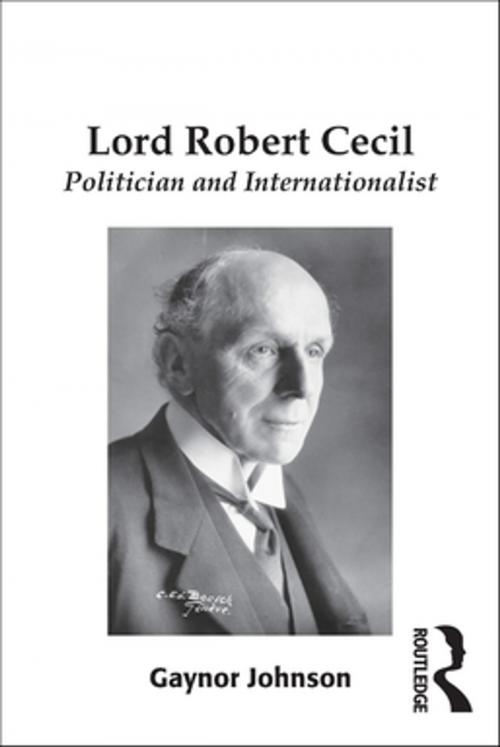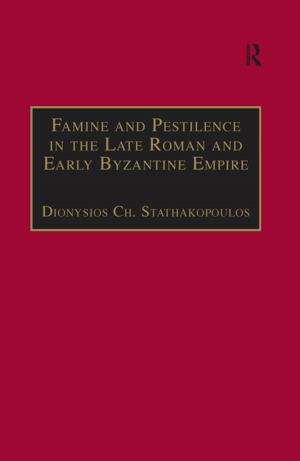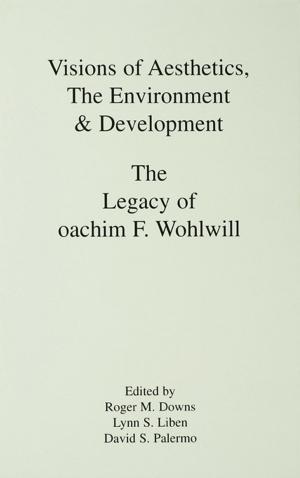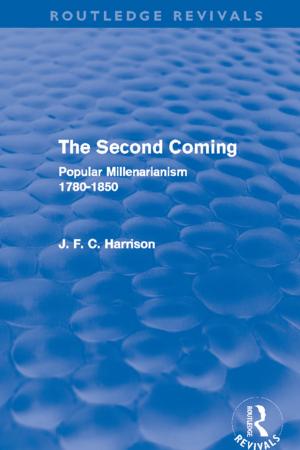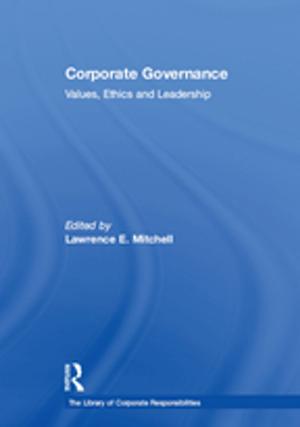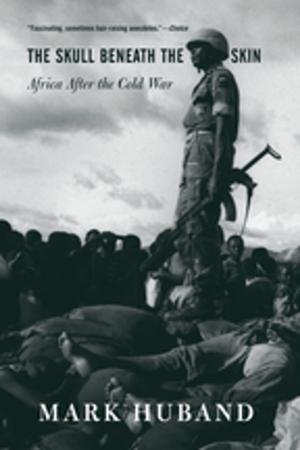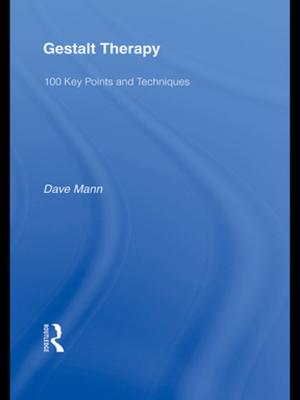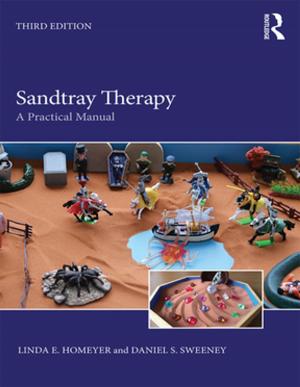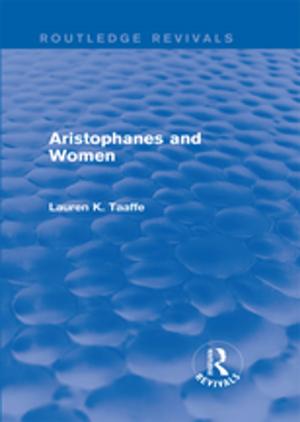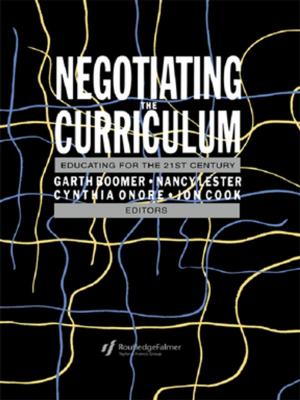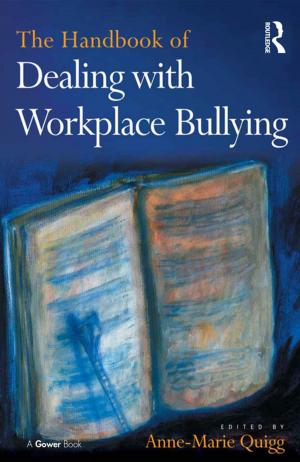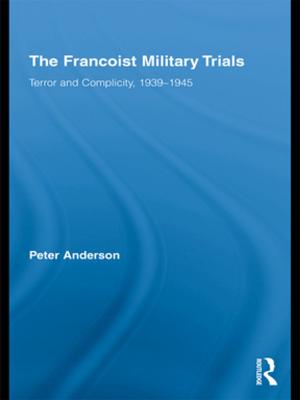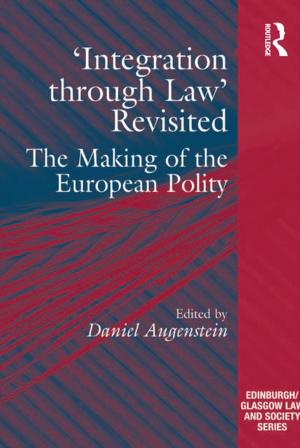| Author: | Gaynor Johnson | ISBN: | 9781317103417 |
| Publisher: | Taylor and Francis | Publication: | April 22, 2016 |
| Imprint: | Routledge | Language: | English |
| Author: | Gaynor Johnson |
| ISBN: | 9781317103417 |
| Publisher: | Taylor and Francis |
| Publication: | April 22, 2016 |
| Imprint: | Routledge |
| Language: | English |
Lawyer, politician, diplomat and leading architect of the League of Nations; Robert Cecil, 1st Viscount Cecil of Chelwood, was one of Britain's most significant statesmen of the twentieth century. His views on international diplomacy cover the most important aspects of British, European and American foreign policy concerns of the century, including the origins and consequences of the two world wars, the disarmament movement, the origins and early course of the Cold War and the first steps towards European integration. His experience of the First World War and the huge loss of life it entailed provoked Cecil to spend his life championing the ethos behind and work of the League of Nations: a role for which he was awarded the Nobel Peace Prize in 1937. Yet despite his prominence in the international peace movement, Cecil has never been the focus of an academic biography. Cecil has perhaps been judged unfairly due to his association with the League of Nations, which has since been generally regarded as a failure. However, recent academic research has highlighted the contribution of the League to the creation of many of the institutions and precepts that have, since the Second World War, become accepted parts of the international system, not least the United Nations. In particular, Cecil and his work on arms control lay the basis for understanding this new area of international activity, which would bear fruit during the Cold War and after. Through an evaluation of Cecil's political career, the book also assesses his reputation as an idealist and the extent to which he had a coherent philosophy of international relations. This book suggests that in reality Cecil was a Realpolitiker pragmatist whose attitudes evolved during two key periods: the interwar period and the Cold War. It also proposes that where a coherent philosophy was in evidence, it owed as much to the moral and political code of the Cecil family as to his own experiences in politics. Cecil's social and familial world is therefore considered alongside his more public life.
Lawyer, politician, diplomat and leading architect of the League of Nations; Robert Cecil, 1st Viscount Cecil of Chelwood, was one of Britain's most significant statesmen of the twentieth century. His views on international diplomacy cover the most important aspects of British, European and American foreign policy concerns of the century, including the origins and consequences of the two world wars, the disarmament movement, the origins and early course of the Cold War and the first steps towards European integration. His experience of the First World War and the huge loss of life it entailed provoked Cecil to spend his life championing the ethos behind and work of the League of Nations: a role for which he was awarded the Nobel Peace Prize in 1937. Yet despite his prominence in the international peace movement, Cecil has never been the focus of an academic biography. Cecil has perhaps been judged unfairly due to his association with the League of Nations, which has since been generally regarded as a failure. However, recent academic research has highlighted the contribution of the League to the creation of many of the institutions and precepts that have, since the Second World War, become accepted parts of the international system, not least the United Nations. In particular, Cecil and his work on arms control lay the basis for understanding this new area of international activity, which would bear fruit during the Cold War and after. Through an evaluation of Cecil's political career, the book also assesses his reputation as an idealist and the extent to which he had a coherent philosophy of international relations. This book suggests that in reality Cecil was a Realpolitiker pragmatist whose attitudes evolved during two key periods: the interwar period and the Cold War. It also proposes that where a coherent philosophy was in evidence, it owed as much to the moral and political code of the Cecil family as to his own experiences in politics. Cecil's social and familial world is therefore considered alongside his more public life.
